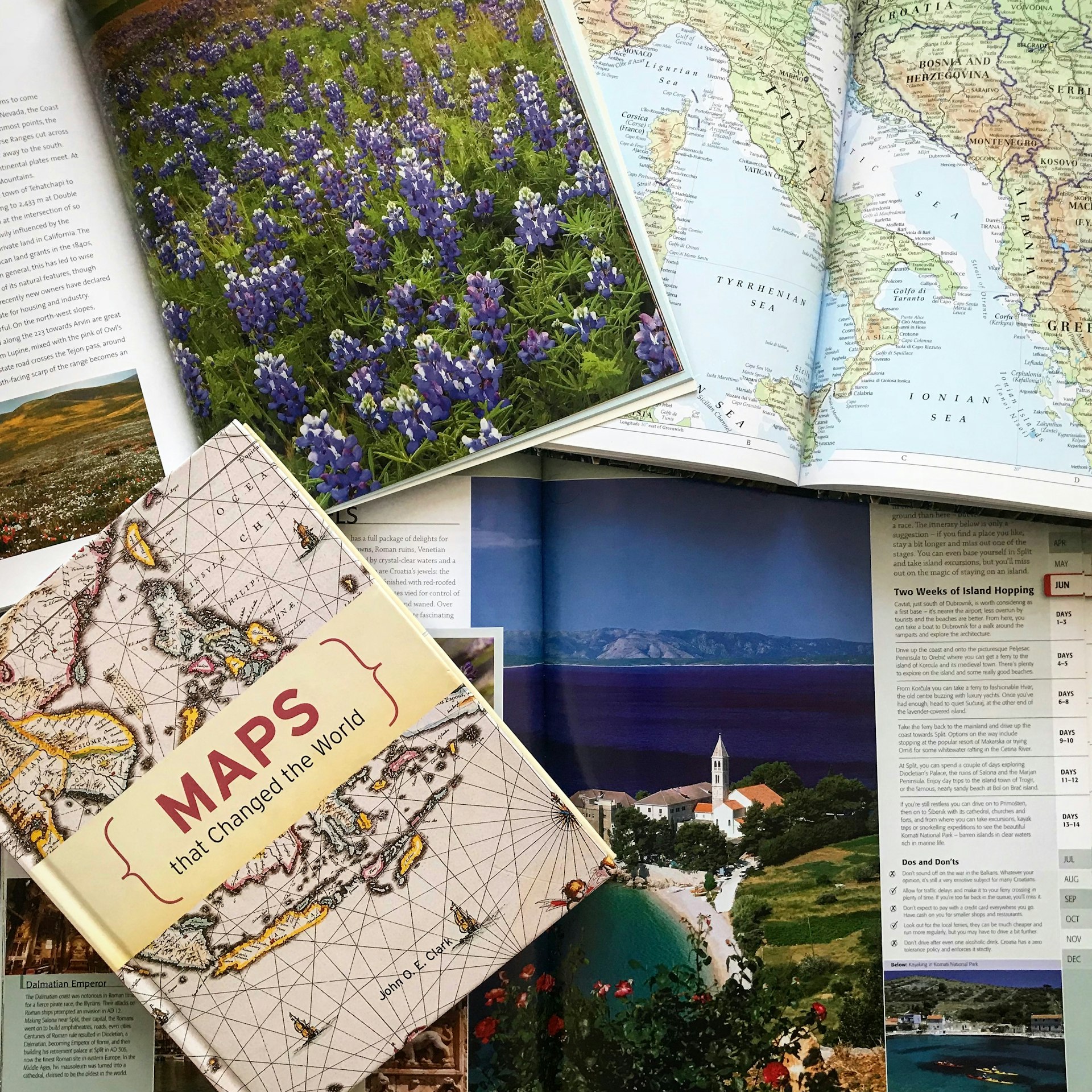How AI Chatbots Are Transforming the Tourism Experience: Benefits, Challenges, and Implementation Strategies

Photo by YMA on Unsplash
Introduction: The Rise of AI Chatbots in Tourism
The tourism industry is undergoing rapid transformation, powered by the integration of artificial intelligence (AI) chatbots . These digital assistants are not just a trend-they represent a shift toward smarter, more personalized, and efficient travel experiences. This article explores the key impacts of AI chatbots in tourism, actionable steps for businesses and travelers, practical challenges, and strategic recommendations for successful implementation.
Personalization and Enhanced Customer Experience
AI chatbots are revolutionizing the way travelers plan and experience their journeys. By leveraging advanced algorithms and natural language processing (NLP), these bots offer tailored recommendations, answer questions instantly, and facilitate seamless bookings. For example, Booking.com has introduced an AI Trip Planner that helps users find accommodations, build itineraries, and even book activities-all through conversational interaction. By analyzing user preferences and previous behavior, AI chatbots can create uniquely personalized travel plans, boosting traveler satisfaction and loyalty [4] .

Photo by Fujiphilm on Unsplash
These systems also provide real-time support, handling inquiries about check-in times, local attractions, and amenities around the clock. The ability to resolve issues instantly means fewer delays, less frustration, and a smoother travel experience for customers [4] .
Operational Efficiency and Cost Reduction
For tourism businesses, AI chatbots streamline operations by automating repetitive tasks such as answering FAQs, managing bookings, and gathering feedback. Hotels leveraging AI chatbots have reported that up to 80% of guest queries are now handled automatically, freeing up staff to focus on complex or high-touch service needs. This automation leads to a significant reduction in labor costs and error rates. It also helps companies scale their customer support without proportional increases in staff [4] .
Additionally, AI-powered decision support tools analyze booking patterns and demand signals to optimize pricing and resource allocation. This capability enables organizations to maximize occupancy and revenue, even during fluctuating demand cycles [1] .
Real-World Application Examples
Major hotel chains, airlines, and online travel agencies are already implementing AI chatbots with measurable results. For instance, Reunion Resort adopted the Myma AI chatbot, which now addresses the majority of guest questions automatically, improving both response speed and guest satisfaction [4] . AI chatbots are also being deployed at airports for automated check-in and customer service, while voice assistants help travelers navigate large venues and access essential information hands-free [3] .
Travelers benefit from 24/7 multilingual support, which is particularly valuable for international journeys. AI chatbots can provide up-to-date travel advisories, suggest alternative routes during disruptions, and help with on-the-fly rebooking.
Implementation Guidance for Tourism Businesses
Businesses seeking to integrate AI chatbots can follow these steps:
- Assess Needs and Objectives: Identify the key pain points in your customer journey. Are you facing delays in response time? Do you have high staff turnover at the front desk? Pinpointing these issues helps determine chatbot priorities.
- Select a Reputable AI Platform: Choose chatbot solutions with proven track records in the hospitality or tourism sector. Look for features such as NLP support, multilingual capabilities, integration with existing booking systems, and customizable workflows.
- Develop and Train the Chatbot: Collaborate with your AI vendor to train the bot on your business’s specific FAQs, product offerings, and brand tone. Supply relevant data and scenarios to improve accuracy and usefulness.
- Test and Optimize: Launch the chatbot in a controlled environment, gather user feedback, and monitor performance metrics such as response accuracy, resolution time, and customer satisfaction. Continuously refine the bot based on real-world interactions.
- Promote and Educate: Inform guests about the new digital assistant and encourage its use. Provide clear instructions on how to access the chatbot via your website, app, or messaging channels.
If you need assistance with AI chatbot implementation, consider consulting with reputable technology partners or AI consulting firms that have demonstrable experience in the travel and hospitality industry. You may also contact your local tourism board or industry association for recommendations.
For Travelers: Accessing AI Chatbot Services
Travelers can access AI chatbots in several ways:
- Visit the official websites or mobile apps of major hotels, airlines, or travel agencies. Many now feature a chatbot icon or chat window for instant assistance.
- If planning a trip through Booking.com, use their AI Trip Planner tool directly from their platform for personalized recommendations and bookings [4] .
- For airports or transportation providers, check their websites for customer support chat functions. These often offer real-time help with flight information, baggage handling, and more.
- When uncertain, search for “[Your Hotel Name] chatbot” or “travel chatbot customer service” to find official service channels.
If you are unable to find chatbot support, you can contact the provider’s customer service department by phone or email, or ask staff on-site about digital assistant availability.
Potential Challenges and Solutions
Despite the many benefits, AI chatbots in tourism present several challenges:
- Language and Cultural Nuance: While chatbots handle multiple languages, they may struggle with complex cultural references or idioms. Businesses can address this by training bots with region-specific data and regularly updating their language models.
- Limited Problem-Solving Ability: Chatbots excel at routine tasks but may falter with complex or emotional issues. Ensure escalation paths are clear-allowing users to connect with human agents when needed.
- Data Privacy Concerns: Travelers may be wary of sharing personal data. Companies should use transparent data policies and secure storage practices. Always inform users about data collection and provide opt-out options.
- Integration Complexity: Legacy systems may not easily interface with modern AI platforms. Address this by selecting vendors with robust API offerings and seeking IT support for seamless integration.
Emerging Trends and Future Outlook
The market for AI in tourism is expected to grow rapidly, with industry forecasts estimating a global market value increase from $81.3 billion in 2022 to $423.7 billion by 2027 [1] . The next wave of AI will bring even more sophisticated digital assistants capable of proactive trip management, emotional intelligence, and content creation through video and multimedia tools [2] .
These advancements will further blur the line between digital and human interaction, providing hyper-personalized journeys and reshaping how travelers explore new destinations. Businesses that adapt early will be well-positioned to capture the loyalty of next-generation travelers.
Key Takeaways and Next Steps
AI chatbots are a game-changer for both travelers and tourism businesses. They drive personalization, streamline operations, and enable round-the-clock service. To maximize their benefits:
- Businesses should assess needs, select reputable partners, and prioritize ongoing training and optimization.
- Travelers can look for chatbot-enabled services on official provider websites or apps, and always verify the legitimacy of digital assistants.
- When in doubt, use official communication channels or contact customer service directly for support.
For those seeking to implement or access AI chatbot solutions, start by researching established providers and consulting industry associations for guidance. Staying informed about the latest AI trends will ensure both businesses and travelers are prepared for the future of tourism.
References
- [1] TheIntellify (2025). AI in Travel and Tourism 2025: Market trends and industry impact.
- [2] IATourisme (2025). The 5 AI trends that will transform tourism in 2025.
- [3] Frontiers in Artificial Intelligence (2025). Artificial intelligence in the tourism business: a systematic review.
- [4] Myma AI (2025). 11 Ways AI Will Transform the Hospitality and Tourism Industry in 2025.
MORE FROM dealseekersguide.com













